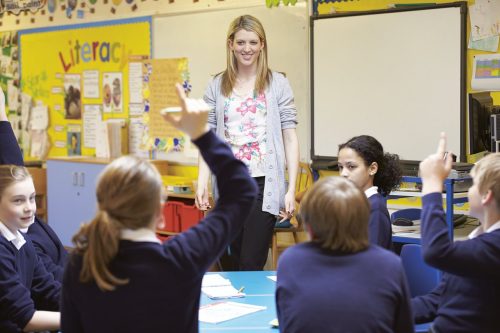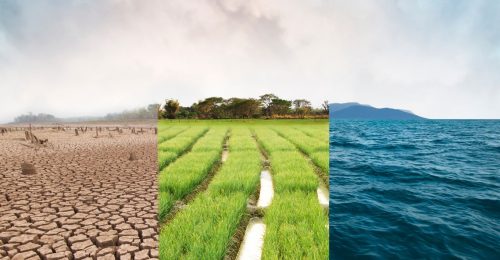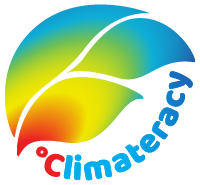The Educational Framework – outlining the principles we are following to create the Open Online Course and the Teachers’ Community

Between August and October the Climateracy project consortium was working on the Educational Framework document. “What is the Educational Framework?” you might wonder. Don’t worry – in the beginning, there was a slight confusion even amongst the team members, but things were clarified after a discussion and consultation with the initial project proposal.
In a nutshell, the educational framework offers an overview of the learning goals and outcomes for teachers, recommends methodologies and teaching strategies, as well as assessment and evaluation. Using this framework, the Open Online Course (OOC) and the Teacher Community (TC) will be developed. In other words the Educational Framework is a guide that helps us make decisions about what to include in the OOC and how to make sense of the role of the TC when it comes to supporting teachers who want to teach about climate change.
“In a nutshell, the educational framework offers an overview of the learning goals and outcomes for teachers, recommends methodologies and teaching strategies, assessment and evaluation. Using this framework, the Open Online Course (OOC) and the Teacher Community (TC) will be developed.”
One thing the Educational Framework specifies is the target audience and it is rather wide! We are talking about all the teachers in secondary schools of European countries who teach 13-19 year old students (usually from 7th or 8th grade to 12th grade). Hence, we OOC and the TC cannot focus only on certain subject areas, but rather we invite all teachers to think for themselves how the topic of climate change is relevant for their subject area. Nevertheless, we will also try to include subject-specific (and age-specific) recommendations when it comes to teaching resources and strongly encourage subject integration and collaboration among teachers when they teach about climate change.
Our primary aim is to help the teachers as adult learners to acquire better competencies on how to teach secondary students about climate change and to help them become more climate literate. According to the entry for ‘Climate Action’ in the Encyclopedia of the UN Sustainable Development Goals, climate change literacy (synonymous with climate literacy) “is competence or knowledge in the area of climate change, its impacts, and its solutions” (Johnston, 2020, pp. 200). It is important to note that we view competence as more than a simple ability but also the disposition, attitude and willingness to use one’s agency to effect change and be good stewards of the Earth.

Our hope is that by completing the OOC and participating in the TC, teachers can:
- better choose the appropriate methods and approaches to teach about climate topics and create learning situations that support understanding of complex systems and general competencies (e.g. critical thinking, collaboration, empathy, intercultural communication etc) are enhanced;
- engage students and activate their existing knowledge, if necessary also diagnose misconceptions about climate change and related topics;
- articulate what climate change is, why climate change and climate science matters and how to use credible scientific sources;
- show how climate change affects students’ and their own everyday life and their community (including their nation, Europe and the world) and how we affect climate through our behaviour;
- demonstrate how they can take action to combat and adapt to climate change;
- acknowledge their role-model status as a teacher.
“Our primary aim is to help the teachers as adult learners to acquire better competencies on how to teach secondary students about climate change and how to help them become more climate literate.”
The Educational Framework also outlines the more technical aspects of the OOC and the TC. For example, the OOC will use a combination of independent learning where short instructional videos explaining key concepts are integrated with practical learning-enhancing activities such as trying out new approaches in the classroom and reflecting on one’s own practice, or summarizing at the end of a learning activity. The Teacher Community will be a forum-like online space on the Climateracy platform which will enable teachers to communicate, share materials, ask questions, seek and give advice to peers about teaching for climate literacy.
The activities and learning methods recommended in the OOC to the teachers are premised on the idea that there is no one methodology or strategy that on its own is right for teaching and learning about climate and climate change, and there are many types of instruction that can be used, including demonstration and case studies, role play, independent study, project-based learning, debates, etc. Nevertheless, there is a broad consensus that teaching is most effective when it applies active, participative and experiential learning methods that engage the learner and make a real difference to their understanding, thinking and ability to act for sustainable development.
We hope this short overview of the Educational Framework gives you a glimpse into what to expect from the OOC and the TC. For any suggestions or questions, please feel free to get in touch with us!

Image source: Canva, open source, no attribution required
